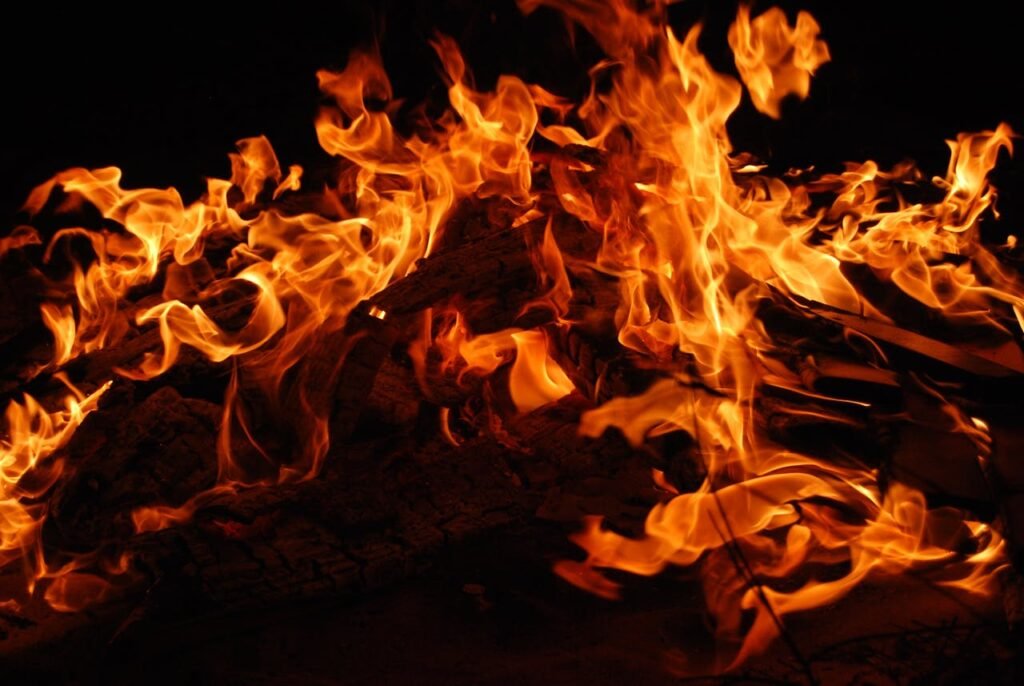
The modern spiritual mantra that all hatred is toxic is not only naive, it is a dangerous oversimplification. To condemn hatred outright is to deny the sacred fire that burns in the hearts of those who have witnessed true injustice. There is a hatred that does not corrode the soul but refines it, a hatred that is not born of pettiness but of love’s deepest conviction.
Righteous anger is not the same as bitterness or vengeance; it is the inevitable response of a heart that refuses to accept desecration. When love is violated, when dignity is crushed, when truth is trampled underfoot, what arises is not mere emotion, but a moral imperative. The prophets, saints, and revolutionaries of history understood this. Jesus did not turn the other cheek in the temple. He overturned tables with a whip of cords. Moses did not negotiate with Pharaoh’s cruelty, he shattered idols and led an exodus. Jeremiah did not whisper sweet platitudes, he wept and thundered against a people who had abandoned justice. To silence this sacred flame under the guise of “forgiveness” or “unconditional love” is to side with the oppressor. There is a time when hatred is not only justified but necessary, when it becomes the moral duty of those who still possess a conscience. As the old saying goes: When love for truth is deep, hatred for injustice becomes inevitable. The world is not changed by those who refuse to despise what ought to be despised. The question is not whether we should hate, but what and who we should hate. And more importantly: What are we willing to do about it?
The saying “hating someone is like drinking poison and waiting for the other person to die” is a half-truth disguised as wisdom, one that pacifies the oppressed while the oppressor thrives. If hatred is poison, then so is the refusal to hate what deserves hatred; it is the slow paralysis of the soul, a spiritual surrender to evil. The prophets did not “turn the other cheek” when facing exploitation, they burned with divine fury. To claim that all hatred is self-destructive is to deny the sacred fire that fueled revolutions, toppled tyrannies, and birthed justice. There is a hatred that does not rot the spirit but purifies it, the hatred of lies, of cruelty, of the defilement of the innocent. This is not the petty hatred of personal grievance, but the consuming fire of a love that refuses to tolerate desecration. To reject such hatred is not enlightenment, it is cowardice. The poison is not in the hatred itself, but in allowing the wicked to go unchallenged while we numb ourselves with false transcendence. And sometimes, the highest good is a wrath that shakes the foundations of hell.
Hatred Can Be a Sign That Your Soul Is Still Awake

In a world that numbs itself with distractions, false positivity, and moral compromise, hatred is not always a disease, sometimes, it is the fever that proves your soul still fights. The modern age preaches detachment, as if enlightenment means indifference to suffering. But true awakening is not the absence of rage, it is the refusal to tolerate what should never be tolerated.
When you witness injustice and feel nothing, that is the death of conscience. Hatred, in its purest form, is the soul’s immune response to moral infection. It arises when someone’s humanity has been desecrated, when silence becomes complicity, when evil wears the mask of normalcy. The prophets did not hate out of pettiness, they hated because they loved too deeply to remain passive.
There are things in this world that should be hated, not for the sake of revenge, but to mark them as unacceptable. To hate cruelty is to honor mercy. To hate deception is to uphold truth. To hate betrayal is to value loyalty. A heart that cannot hate has either never loved fiercely or has already surrendered to despair. Some fires don’t burn bridges, they burn illusions. And sometimes, hatred is the only flame strong enough to destroy the lies we’ve been told to accept.
Spiritual Abuse and Cultural Silence Require Moral Rebellion
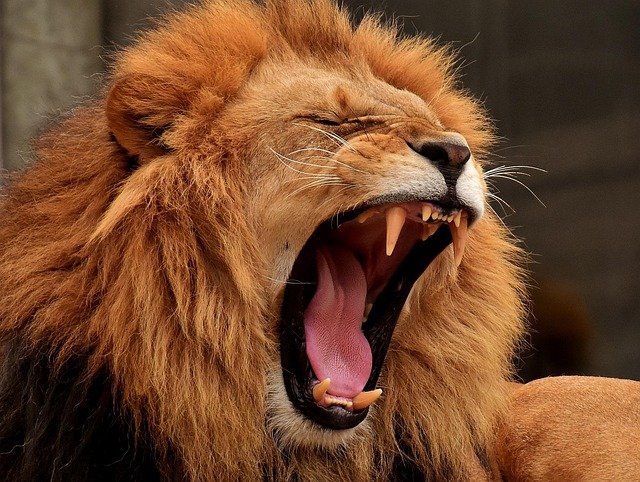
There is a violence that leaves no visible scars but shatters souls, a violence disguised as divine will, masked by hollow platitudes of “God’s plan,” enforced by those who demand our silence while they sleep with clean consciences. Our brother’s life was taken under shadows that reek of injustice, yet we are told to “trust in the Lord” and “let go of bitterness” as if questioning his death is rebellion rather than love. This is not faith; it is spiritual extortion, a demand that we baptize our grief into quiet submission.
Cultural silence is the accomplice of evil. Our brother deserved more than hushed tones and hurried prayers. The prophets did not “move on” from injustice, they chased it with fire until the truth burned brighter than the lies. Neither will we.
We will not let his story be smoothed into a palatable parable of false forgiveness. Some tables need overturning. Some names must be spoken. And if that makes us “bitter” in the eyes of those who prefer silence over justice, then let our bitterness be the fuel that keeps his truth alive.
Hatred, in this context, is not a poison, it is moral rebellion. It is the soul’s revolt against the demand to sanctify its own destruction. To hate spiritual abuse is not to lack grace; it is to love truth enough to defy those who weaponize God against the wounded. When wolves wear crosses, hating the devouring is not sin, it’s sanity. And sometimes, the most spiritual act is not prayer, but a roar.
Sacred Hatred Is Protective, Not Destructive
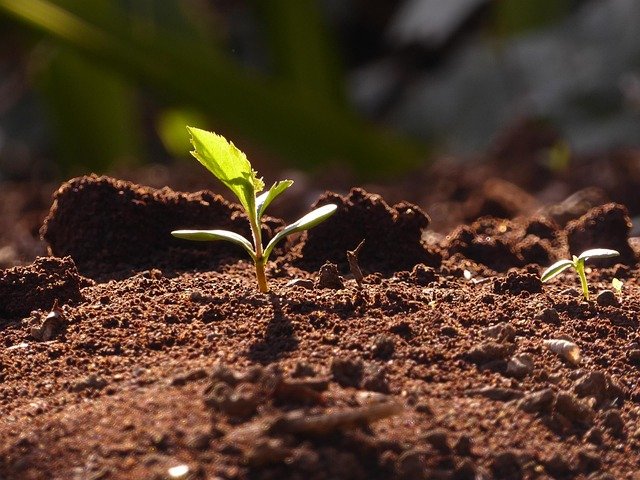
True hatred, the kind that scorches the conscience awake, is not the enemy of love, but its fierce guardian. Sacred hatred does not seek annihilation for its own sake; it draws a boundary in fire, declaring that some things must not stand. It is the instinct that makes a mother bare her teeth at the predator, the prophet’s cry against the tyrant, the victim’s family refusal to let the abuser rewrite history. This hatred does not arise from wounded pride, but from the unbearable weight of witnessing what should never have been allowed to exist.
To call all hatred destructive is to confuse the arsonist with the firefighter, both wield flames, but one burns indiscriminately while the other burns to save. Sacred hatred is not a blind force; it is a precision strike against the roots of evil. It does not hate people, it hates what they have chosen to embody. It’s not hatred of people, it’s hatred of what they chose to become. The difference is everything. To hate corruption is to honor integrity. To hate cruelty is to defend tenderness. To hate lies is to hold space for truth.
The world’s great moral revolutions were not born from lukewarm tolerance, but from the white-hot fury of those who could no longer stomach the desecration of the human spirit. This is the paradox of sacred hatred: it destroys only to preserve, it tears down only to rebuild. A love that cannot hate what threatens its beloved is not love at all, it is surrender in disguise. And there are some fires that do not leave ashes in their wake, but light.
True Healing Begins With Honesty, Not Suppression
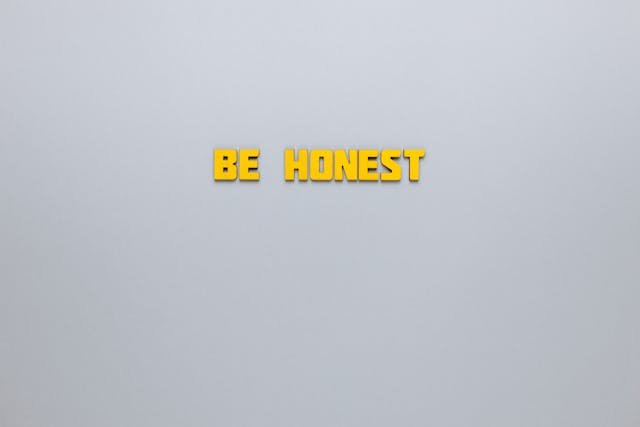
They tell us to let go. To forgive. To move on, for our own sake, they say. But what they are really asking is for us to bury our questions, to swallow our grief, to silence the voice inside that screams that something is deeply, unforgivably wrong. Our brother is gone, taken from us under shadows we cannot ignore and yet we are expected to act as if peace can be found in denial. But grief that is suffocated does not disappear; it festers. Anger that is silenced does not dissolve; it turns inward, poisoning the soul.
This is not hatred for hatred’s sake. This is the refusal to let his story be rewritten, to let the truth be smothered under platitudes about “moving on.” We will not pretend, not for comfort, not for appearances, not to make others more comfortable with our pain. True healing does not begin with forced forgiveness or the cowardice of silence. It begins when we dare to say: This was not right. This should not have happened. And we will not pretend otherwise.
Righteous hatred, when named and honored, is not a chain, it is a torch. It burns away the lies we are told to accept. It refuses to let love for our brother be reduced to passive mourning. That flame inside us is not here to destroy; it is here to reveal, to light the path forward through the darkness of unanswered questions. We will not let go, because some bonds are not meant to be broken, even by death. And some fires are not meant to be extinguished, they are meant to guide us home.
Hatred Is the Love That Refuses to Die
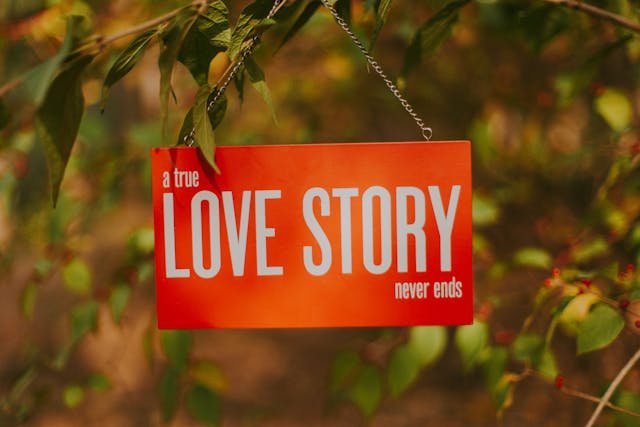
We will never stop hating the evil that took our brother, not because we crave destruction, but because our love for him refuses to die quietly. This hatred is not blind rage; it is grief sharpened into truth. It is the final vow we make in his absence, the one that says: we will not let his name be buried under silence, nor his memory reshaped by those who failed or harmed him. People tell us to let go, to forgive, to move on. But those are easy things to say when it isn’t your heart lying in the grave, when it isn’t your soul haunted by the unfinished goodbyes.
Our hatred does not seek to destroy. It seeks to protect. If love must become fire to survive, then let it burn, not to consume, but to illuminate what others refuse to see. If justice remains out of reach, then let our fury stand in its place, an unflinching echo in a world too quick to forget. This is not a hatred that devours, it is one that remembers. It is a shield, not a sword. A protest, not a curse. It stands against the lies, the silence, the masks, and the cowardice that tried to rewrite his story while his body was still warm.
When love is stolen, what remains behind is not peace, it is the smoldering will to defend what was good, what was kind, what was true. And so we carry that fire, not as bitterness, but as devotion. We are not here to sanctify hatred; we are here to wield it as a refusal, to let him be erased, to let injustice go unanswered, to let evil wear innocence as a disguise. We will guard his name with everything we have, relentlessly, unapologetically, until the world is forced to look, forced to listen, forced to know. Because as long as his light is missed, our fire will not go out.
I love you, my brother, we will never stop fighting for your truth.
— Banchu (Nama)